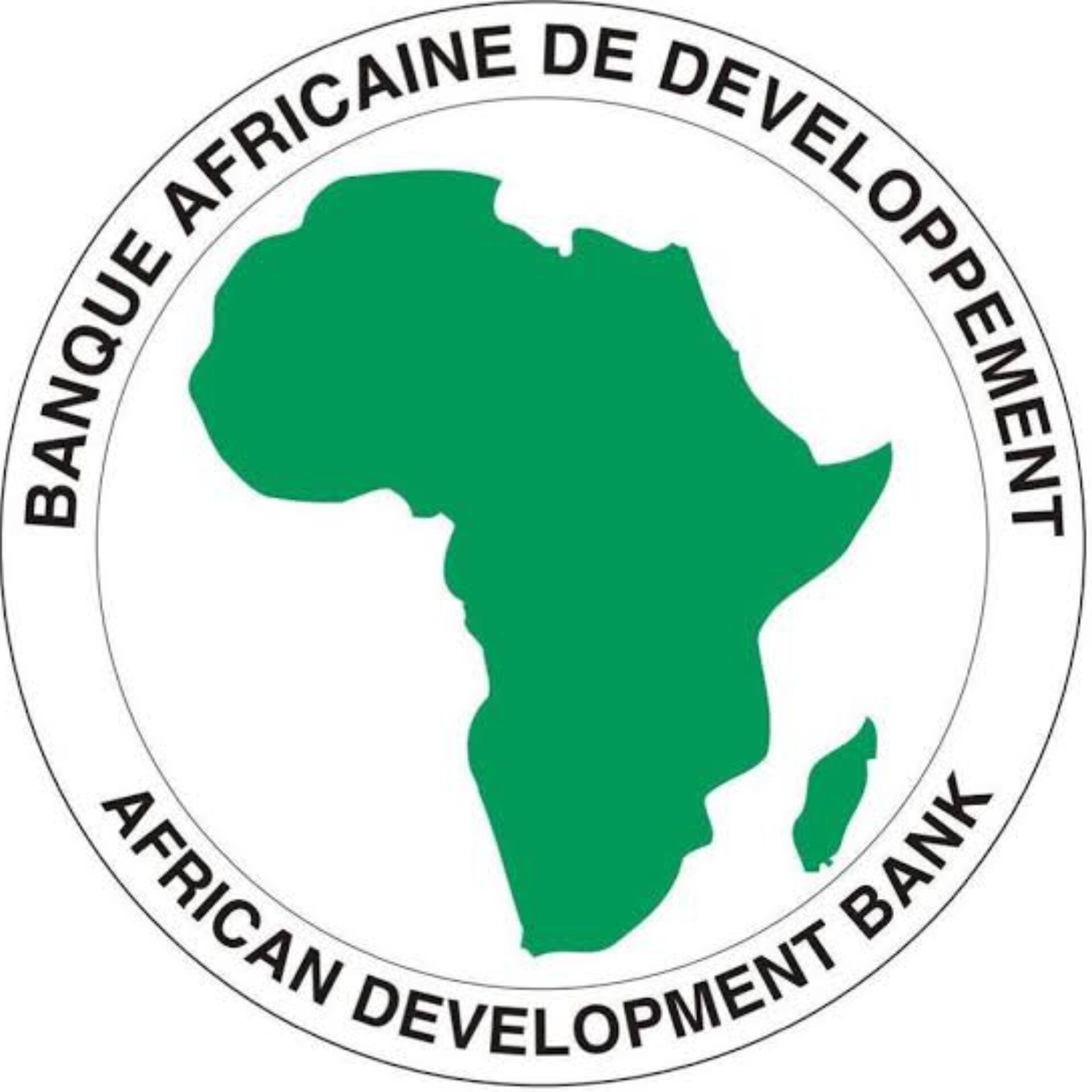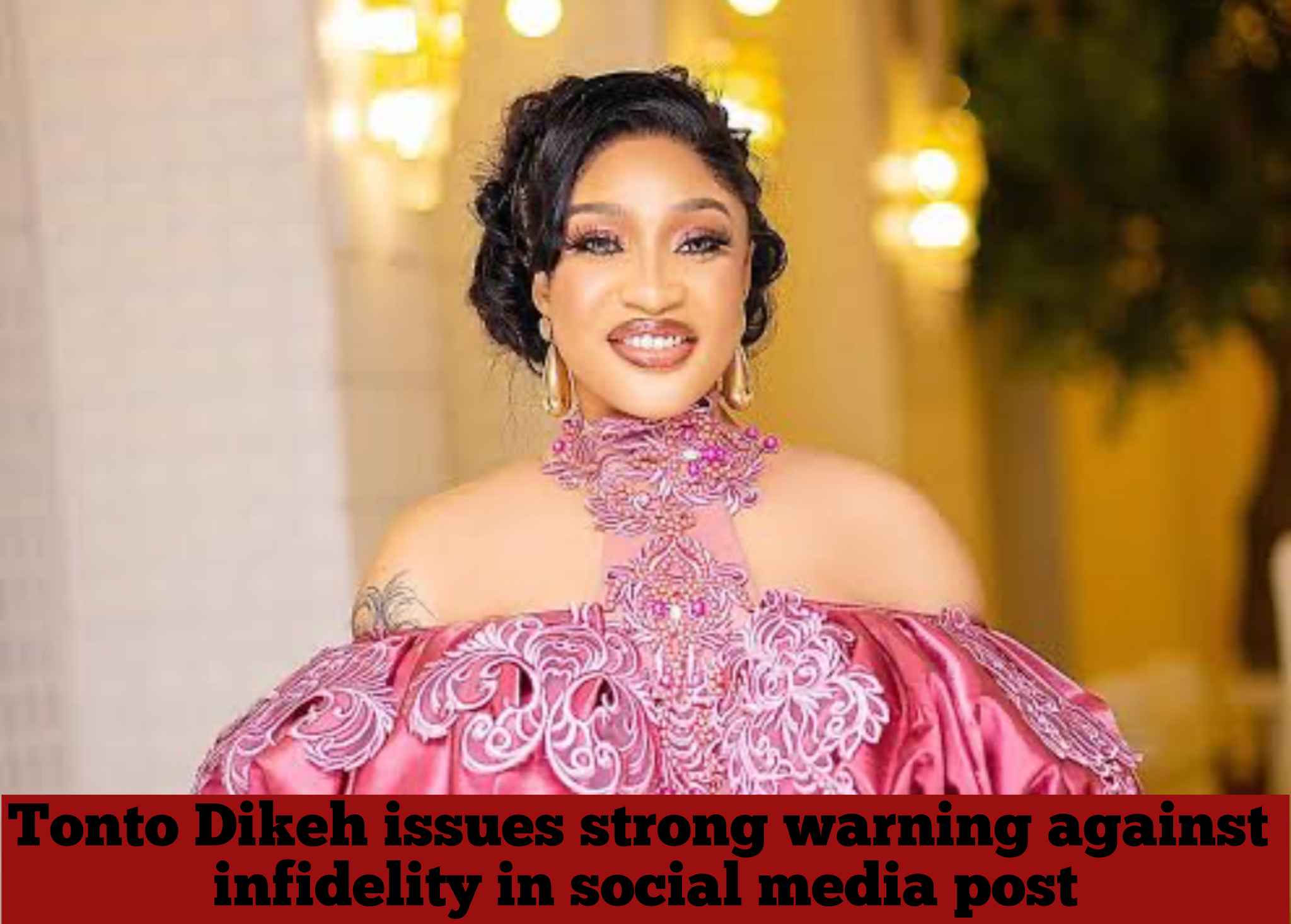The African Development Bank (AfDB) is set to elect a new president this week as incumbent Akinwumi Adesina prepares to step down after serving the maximum two five-year terms. The high-stakes election comes at a pivotal moment for Africa’s largest development finance institution.
Candidates from South Africa, Senegal, Zambia, Chad, and Mauritania are in the running to succeed Adesina, whose leadership will officially conclude in September. The winner will need to secure at least 50.01% of the votes from the AfDB’s 54 African member countries, followed by a majority in a second round that includes all 81 shareholders, including non-African nations such as the United States, Japan, and China. The decisive vote is scheduled for Thursday.
Founded to drive economic and social progress across the continent, the African Development Bank is jointly owned by African states and global partners, including G7 countries. Nigeria holds the largest stake in the institution.
The incoming president will inherit immediate challenges, notably the potential withdrawal of $555 million in funding from the U.S. federal government to both the AfDB and its concessional arm, the African Development Fund (ADF). According to Hannah Ryder, CEO of Africa-focused consultancy Development Reimagined, securing or replacing this funding will be the new leader’s first major test.
“This is going to be a major task, and it is effectively the new president’s first test,” Ryder told Reuters, suggesting that new sources of support may be sought from non-regional members like China and Gulf states, in exchange for increased influence, or by asking African nations to boost their contributions.
Fred Muhumuza, a lecturer at Makerere University’s Business School in Kampala, noted that the meeting will likely also address the broader implications of shifting global economic dynamics and funding trends, particularly those stemming from U.S. policy changes in recent years.
“Many of the key contributors have been cutting bilateral support to African countries,” Muhumuza said.
The outcome of Thursday’s vote will not only determine the next leader of the African Development Bank but also shape the institution’s strategic direction amid tightening global financing conditions and rising demand for development funding across the continent.



